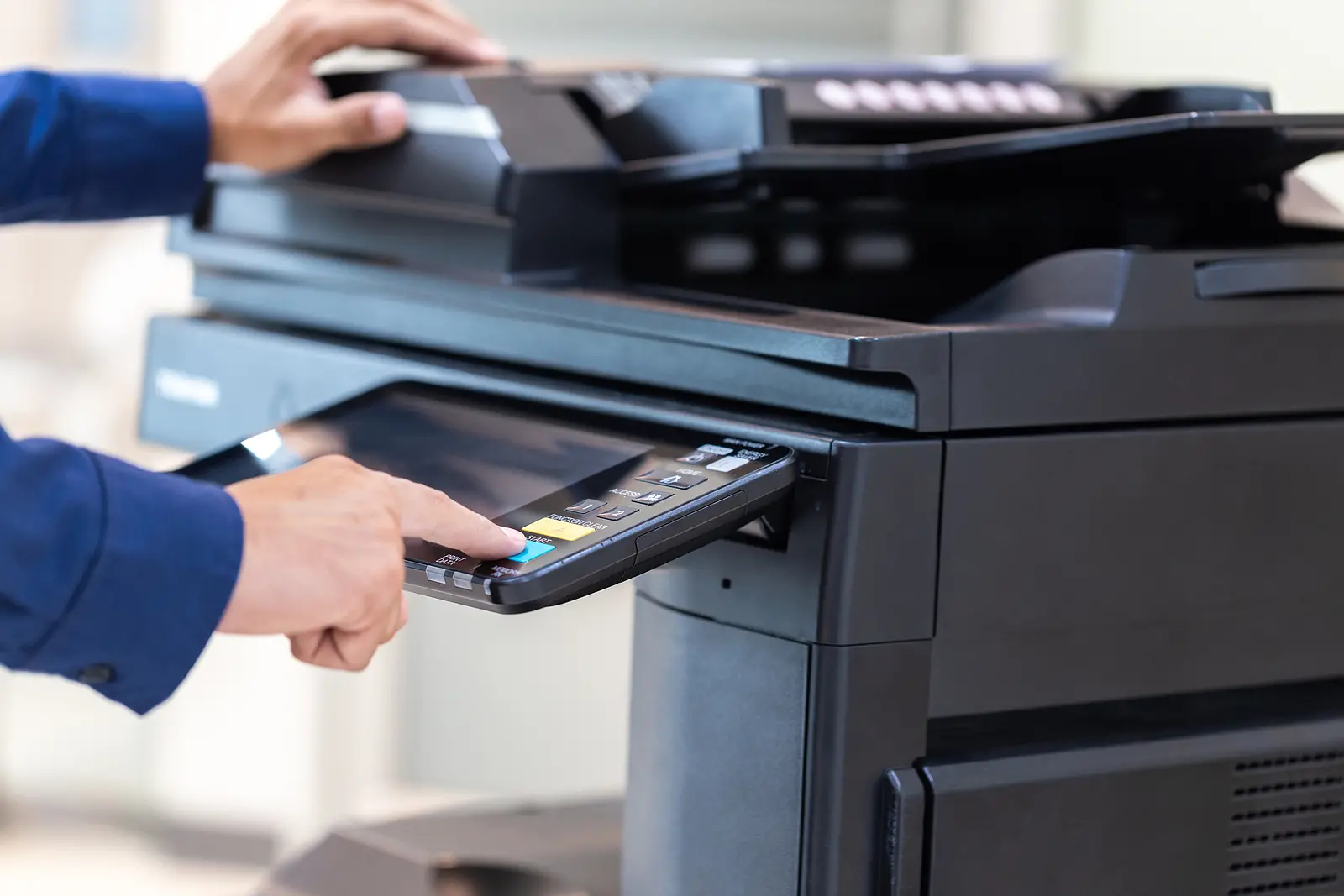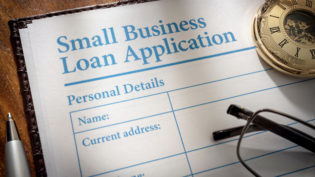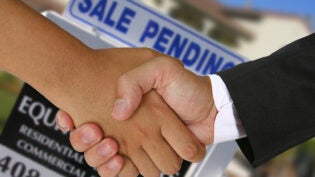5 Benefits of Leasing Your Business Equipment
By: Lending Tree

Purchasing equipment for a business is usually a large and expensive task. In fact, 79% of U.S. companies need to use financing when acquiring business equipment, according to the Equipment Leasing and Finance Association.
But loans and business lines of credit aren’t your only option.
 For many small businesses, leasing equipment is a cost-effective alternative. It comes with a wide range of benefits including low upfront expenses, the ability to upgrade your equipment, and more reasonable maintenance costs.
For many small businesses, leasing equipment is a cost-effective alternative. It comes with a wide range of benefits including low upfront expenses, the ability to upgrade your equipment, and more reasonable maintenance costs.
How does equipment leasing work?
Instead of buying equipment outright or financing the purchase through a loan or line of credit, equipment leasing allows you to borrow equipment through a contractual agreement with the owner. This gives you access to the equipment for a predetermined length of time. In exchange, you’ll make regular payments. You may even have the option to purchase the equipment when the lease ends. This financing method can be used for all types of equipment, including vehicles, machinery and commercial-grade equipment.
Benefits of equipment leasing
1. Low upfront costs
A main draw of equipment leasing is that down payments typically aren’t required. That can translate to lower upfront costs when compared to other types of small business financing. Business equipment leases typically come with fixed interest rates that are determined by your credit, the type of equipment you’re seeking, and your industry. Beyond that, you may be on the hook for origination fees, insurance, state or local taxes and other costs. However, the total upfront investment is usually lower when compared to equipment financing. This is when you take out a loan to purchase the equipment.
2. The ability to upgrade
At the end of an equipment lease, you might have the option to purchase the equipment by making a larger final payment. Alternatively, you could simply return the equipment at the end of the term, then begin a new lease on an upgraded piece of equipment. In this way, equipment leasing isn’t unlike leasing a car. Every few years, you could end up with a newer model. That can be a good thing if your business relies on technology or equipment that becomes obsolete relatively quickly.
3. Potentially lower maintenance costs
Equipment leasing generally takes two different forms: capital leases and operating leases. Capital leases are designed for long-term use, and many allow the lessee to purchase the equipment at the end of the term. But along the way, you’ll have to maintain the equipment, purchase insurance and pay any associated taxes. Operating leases are different. Term lengths tend to be shorter, and you can terminate the lease early if you provide prior notice. Furthermore, you aren’t responsible for maintaining the equipment along the way — that responsibility will fall on the lessor.
4. Accessible for new businesses
Money might be tight if you’re in startup mode. According to research from Shopify, the average small business owner spends about $40,000 during their first full year in business. There might be essential equipment your business needs to operate; a new restaurant, for example, may require commercial-grade kitchen appliances and a modern point-of-sale system. Getting approved for a business loan can be tricky if you’re at the helm of a young company. Equipment financing can be an appealing option for new businesses that can’t qualify for traditional loans.
5. Good for short-term equipment needs
While some pieces of equipment are essential over the long haul, others might only be necessary for a short while. Seasonal equipment is a good example. You may not want to make a large investment in something you’re only going to use for a few months. That’s where operating leases can come in handy. They’re geared for short-term equipment leases — and you won’t be responsible for maintaining the equipment.
When to explore equipment leasing
- You don’t have the funds available for a down payment.
- You can’t qualify for traditional business financing, like a small business loan.
- You only need the equipment for a short time.
- You don’t want the responsibility of maintaining the equipment.
- You’d like to upgrade to a new piece of equipment every few years.
Downsides of equipment leasing
Equipment leasing may not be the best choice for every business owner. While upfront costs and maintenance expenses are lower, you may end up paying more over the long run if you’re continually making payments. With a traditional loan, you’ll eventually own the equipment outright. Also, depending on the type of equipment lease you have, you may not have the option to purchase the equipment at the end of the term. It’s also worth noting that depreciation usually isn’t tax deductible when you’re leasing. However, you can deduct equipment depreciation if you’re financing.
Every business is different. Whether equipment leasing is right for you will depend on your unique financial situation and business needs. It’s always best to weigh the pros and cons — and be sure to read the fine print before entering a new agreement.
1236 Views












